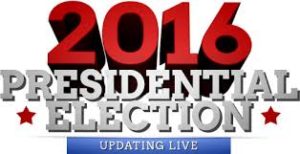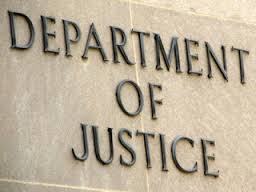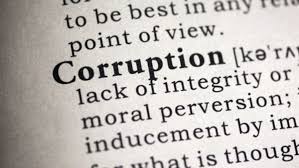A New Administration: A New FCPA Enforcement Regime?
 Now that the dust has settled on this turbulent campaign season, everyone is in the prediction game, especially when it comes to FCPA enforcement. It is easy to make predictions of significant change. It is easy to take campaign rhetoric and assume that such rhetoric will result in quick and immediate change.
Now that the dust has settled on this turbulent campaign season, everyone is in the prediction game, especially when it comes to FCPA enforcement. It is easy to make predictions of significant change. It is easy to take campaign rhetoric and assume that such rhetoric will result in quick and immediate change.
As a veteran of transfers of power (being an old D.C. lawyer), I have seen “change” in federal governments through the years. As we watch the transfer of power from the Obama administration to the Trump administration, we will all be watching carefully.
There is no question that the Obama administration implemented the most aggressive enforcement regime seen in my lifetime as a D.C. lawyer. Across the board, there were increases in criminal, civil and regulatory enforcement. But the change was not as significant in comparison to the prior Bush administration. If you will recall, in the face of major frauds in the corporate world, the Bush administration ramped up white collar criminal enforcement, and ushered in the legislative changes in the Sarbanes-Oxley Act.
Most importantly, the Bush administration picked up the FCPA and started to aggressively enforce the law, for the first time in its history. The major rationale for increasing FCPA enforcement from the Bush administration perspective was to reduce the threat of terrorism. Corrupt governments were likely to become destabilized, resulting in increased risk that terrorist organizations could camp inside the country borders. It was a rationale that went hand in hand with the Bush administration’s war on terrorism.
The Obama administration continued with the aggressive enforcement of the FCPA, and cited a number of rationales in support of its policy, including stabilizing new governments and economies. The Obama administration cited many other benefits including human rights, economic efficiencies and fair competition in the global marketplace.
Along the way, the Obama administration’s aggressive enforcement regime launched a global movement in support of anti-corruption enforcement, part of which reflected foreign government’s desire to share in the financial penalties paid by corporations, and another part which reflect sharing of a common ideal – reducing corruption to the benefit of the public interest.
The FCPA enforcement regime is more entrenched now than everyone thinks. It is entrenched in the Justice Department and the SEC, and has been incredibly successful from a financial benefit standpoint. Since 2009, the government has collected over $4 billion in fines and penalties. That is not chump change as the expression goes.
To those doomsayers who expect or predict FCPA enforcement to dwindle under the new Trump Administration, I would urge you to take a deep breath and reflect on the countervailing forces. No matter who leads the Justice Department among the rumored candidates, you can expect aggressive enforcement of criminal laws, even against white collar criminals. The confluence between the Bush and the Obama administrations is unlikely to be broken by the new Trump administration.
Similarly, the likelihood of any serious dip in FCPA enforcement is remote. FCPA enforcement is entrenched and no one wants to be responsible for the political fallout of promoting “bribery” in any context, domestic or foreign. Of course, I could be wrong, but it is hard to expect that any administration would ever get behind some type of cut back in “corruption” enforcement, notwithstanding the President-elect’s prior statement that the FCPA was a “horrible” law.
There is one interesting area that I would urge practitioners and companies to watch – civil antitrust enforcement. During the campaign, Donald Trump criticized the pending AT&T- Time Warner merger and promised to block  the merger. Traditionally, Republican administrations have reduced civil antitrust enforcement, especially in merger reviews. Instead, Republican administrations continue and sometimes increase criminal cartel enforcement.
the merger. Traditionally, Republican administrations have reduced civil antitrust enforcement, especially in merger reviews. Instead, Republican administrations continue and sometimes increase criminal cartel enforcement.
The new Trump administration may face an interesting issue – will the DOJ’s enforcement regime match the candidate’s rhetoric or will the Republican approach lead to the typical reduction in civil antitrust enforcement?
There are many other areas to watch as well – my focus here is only FCPA and antitrust enforcement. It will be an interesting transfer of power to say the least, especially in the area of civil and regulatory enforcement.















I am agree with you. I believe it should be difficult for the new administration to make a change regarding the enforcement policy of FCPA. What should be, in your opinion, the impact of an eventual new enforcement policy on the prosecution of criminal offenses committed in South American countries?